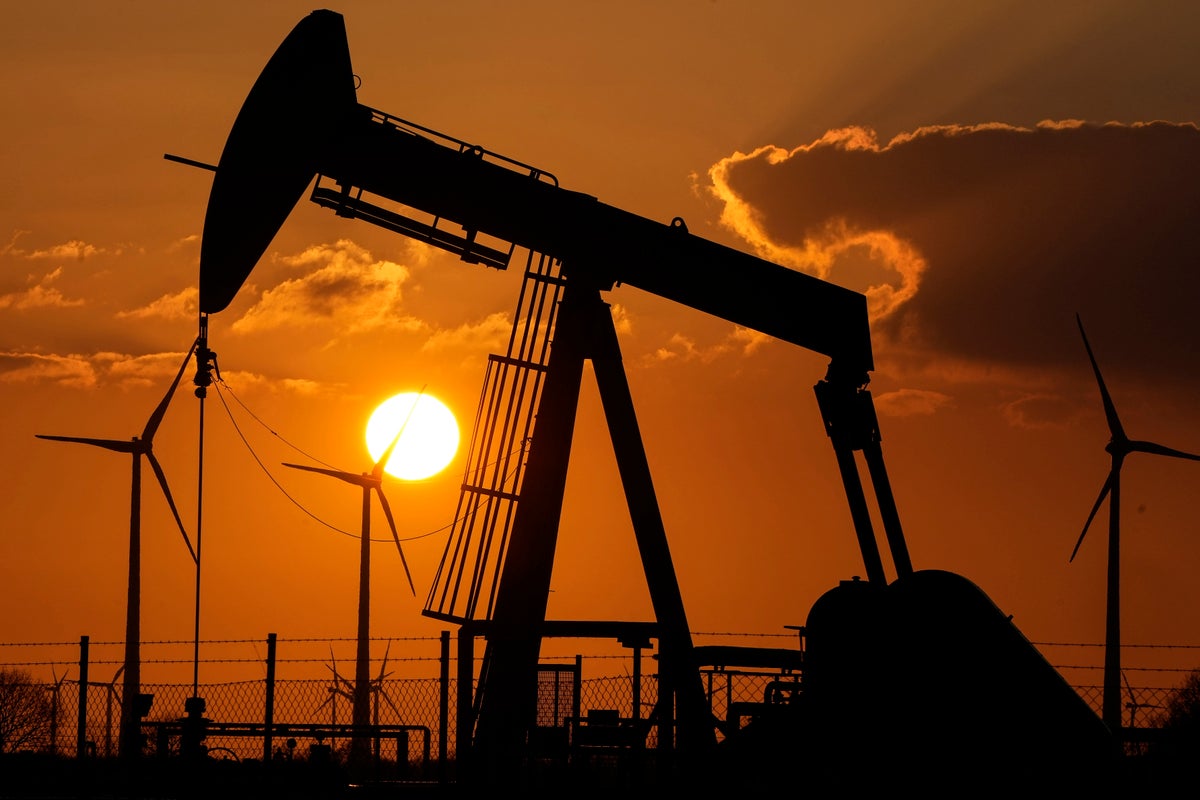
One of the US’s largest foundations has announced that their philanthropy from here on out is going to focus on the climate crisis, with its president calling planetary warming “a singular threat to humanity.”
The organization in question, the Rockefeller Foundation, was founded in the early 20th century by John D Rockefeller, once the richest person in the world. And the irony of this new development is that Mr Rockefeller made his fortune in fossil fuels, whose extraction is one of the leading causes of the global climate crisis.
“There is some irony here,” foundation president Rajiv Shah admitted in a letter on Tuesday announcing the pivot. But he also noted the urgency of addressing the causes and repercussions of planetary heating.
“If the world continues with business as usual, and the planet grows warmer by 3 degrees or more, life will become unbearable for many of the people we serve,” Dr Shah wrote.
In the late 19th century, John D Rockefeller founded the Standard Oil Company, once the world’s largest oil corporation. This made Mr Rockefeller a lot of money over his lifetime — enough money that by the time he died, he was personally worth about 1.5 per cent the value of the entire US GDP.
The foundation he started will now “put climate at the forefront of our programmatic, operational, and investment strategies,” per Dr Shah’s letter.
Dr Shah told the Associated Press that addressing the climate crisis was a responsibility for institutions that have benefitted from fossil fuel-derived development.
Much of the Rockefeller Foundation’s work in recent years has focused on healthcare, food and economic opportunity in the US and globally, per the organization. Dr Shah’s letter notes that these worries overlap with the climate crisis. He describes how, if the world warmed by 3 degrees Celsius above pre-industrial temperatures, some places could struggle to grow food, rising seas could displace people in coastal communities and health concerns like dengue fever could grow worse.
But the Rockefeller Foundation has also done some specific climate-related work in recent years, including efforts in climate adaptation finance, renewable energy and divesting most of their billions of dollars in endowment from fossil fuels, Dr Shah wrote.
He adds that the organization’s staff and board will now start learning intently about the climate crisis, with the goal of developing a plan for the years 2025 to 2030.
Currently, the world has warmed around 1.2C, and is on track to reach 2.7C of warming by the end of the century, according to the Climate Action Tracker, an independent analysis of global policies.
While one goal of the landmark Paris Agreement, signed by world leaders in 2015, was to keep warming limited to around 1.5C, a recent report from the UN’s Intergovernmental Panel on Climate Change (IPCC) warned that this goal is rapidly becoming out of reach.
The IPCC, considered the leading global authority on climate science, said in March that emissions of greenhouse gases like carbon dioxide need to start declining within the next three years to keep warming limited to around 1.5C.
Despite the global scale and severity of the climate crisis, it is still not a priority for many foundations. AP points to a report from May that found climate crisis mitigation efforts received just two per cent of global giving.
Analysis from the Climate Action Tracker notes that none of the countries whose current policies and actions they’ve analysed — including the US, UK, China, Germany, Russia and India — are sufficient to keep warming at or below 1.5C.
As the planet warms, things like heatwaves, droughts and severe storms will become more common, the IPCC notes, endangering human livelihoods around the world.
Already, the world has seen the consequences of warming from things like increased flooding, less food availability, infrastructure damage and malnutrition, the panel says.